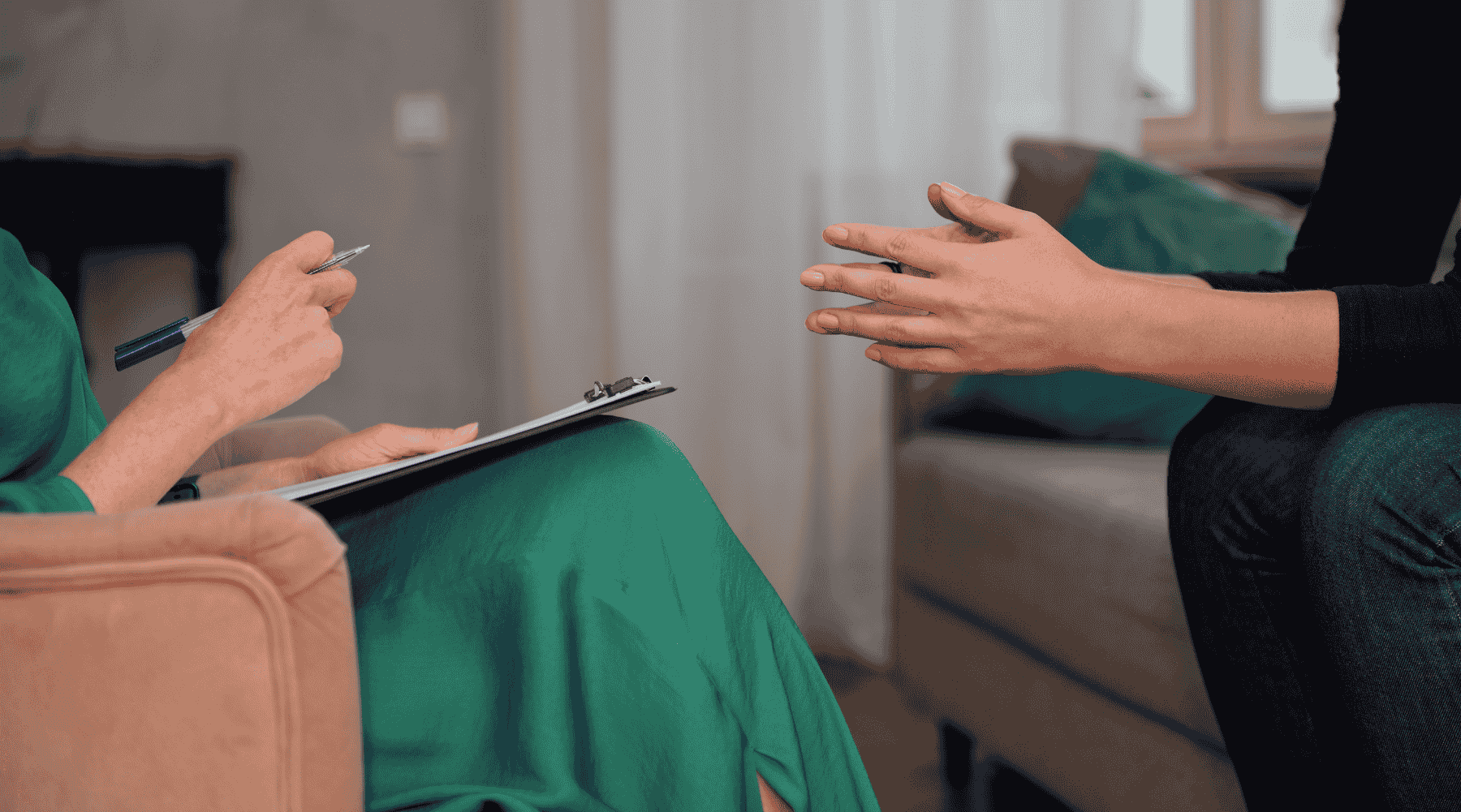By Rick Benson
Gambling addiction is commonly perceived as being a “man’s problem,” but women are also susceptible to developing a gambling problem. The gap between men and women struggling with gambling is dwindling, and the rate at which women meet the criteria for gambling addiction is rising.
Recent data from the National Gambling Treatment Service has shown that the number of women receiving treatment for gambling in the U.K. has doubled in the past five years.
The Stigma Around Female Gamblers
It is not uncommon for women to struggle with problem gambling, but it is so underrepresented in the media and even in studies about gambling, that women feel very alone in their addiction. Some female gamblers have even expressed that it would feel less “embarrassing” to have a problem with alcohol than with gambling, since it appears to be a more common thing to struggle with.
Recovering gambler, Stacey Goodwin, said in a recent interview that, “As I realized I had a problem, I’d search online for a celebrity who had spoken about her gambling addiction and there was nothing. Gambling is incredibly lonely. As a woman, that’s amplified.”
Women are seen by society to be responsible caregivers, and gambling is seen to be an irresponsible activity. This stigma and fear of what others will think about them keeps women from getting the help that they need.
What Causes Women to Gamble?
Women typically start gambling later in life than men, but can develop a problem more quickly. They may gamble to avoid feeling bored and lonely, or they may have a history with trauma that they are seeking to forget. Lifestyle changes, such as children leaving home, the loss of a family member, or a divorce can also spark the need for an escape.
Although men and women can both develop gambling problems, they tend to present themselves in a different way. Men are more likely to be interested in competitive, skill-based games and sports betting, while women tend to play more luck-based games like slot machines as an escape or coping mechanism. Ultimately, the primary motivation for female gamblers is to escape their daily struggles.
How Gambling Impacts Mental Health
Gambling and mental health can coincide, and each can fuel the other: Gambling can damage mental health, and the state of one’s mental health can cause them to gamble. Problem gamblers often struggle with unresolved mental health issues such as depression, anxiety, or PTSD.
It is also very common for problem gamblers to also have a problem with alcohol. In fact, 75% of those diagnosed with a gambling disorder also had a co-occurring alcohol use disorder.
-3.png)
For many, gambling is a way of reducing stress and anxiety by providing an escape from reality and a temporary avoidance from life stress and responsibility. U.K. therapist, Liz Karter, says that, “Problem gambling is about survival; the intention being to change a distressing psychological and emotional state through experiences gained from gambling.”
The consequences of gambling can be dire. When gambling becomes an addiction, this may cause the gambler to lie to their loved ones, and even steal money from them in order to fund their gambling problem. Gambling can lead to extreme debt, which in turn can lead to extreme depression, anxiety, and a feeling of hopelessness. However, gambling does not only result in loss of money, but can also result in loss of relationships, jobs, and loss of self.
Resources for Female Gamblers
If you are a woman struggling with gambling disorder, you are not alone. There are a variety of online support groups and resources available to you right now. Getting in touch with fellow female gamblers can help you better understand your addiction, and how you can start the recovery process.
Here are a few Facebook groups we recommend:
Here are a few social media accounts we recommend:
- The Girl Gambler (Twitter)
- The Broke Girl Society (Podcast)
- The Bet Free Life (YouTube Channel)
- Gambling Got the Girls (Podcast)
- Jade Vallis (Twitter)
Treatment for Female Gamblers
Due to the stigma surrounding female gambling addiction, women are often reluctant to seek help for their problem.
Women can also be hesitant to attend Gamblers Anonymous meetings out of fear that these meetings will be quite male-dominated, which isn’t a comfortable environment for many women to allow themselves to be vulnerable.
-2.png)
At Algamus, we receive many female clients, for whom we have a female-focused treatment program. Since men and women process their addiction differently, it’s important that men and women receive treatment that works best for them.
Types of treatment methods we offer include:
- Cognitive Behavioral Therapy
- Gamblers Anonymous meetings
- Enneagram
- Mindfulness and yoga
- Exercise
At Algamus, our highly experienced staff members work with each client one-on-one to address the gambling addiction, as well as the root causes of the addiction, so that clients can be empowered to live a life that they don’t need to escape from. For more information on how Algamus can help, view testimonials from our clients, or speak to our gambling counselors who can help you determine the next best steps in your recovery journey.

-2-3.png)



